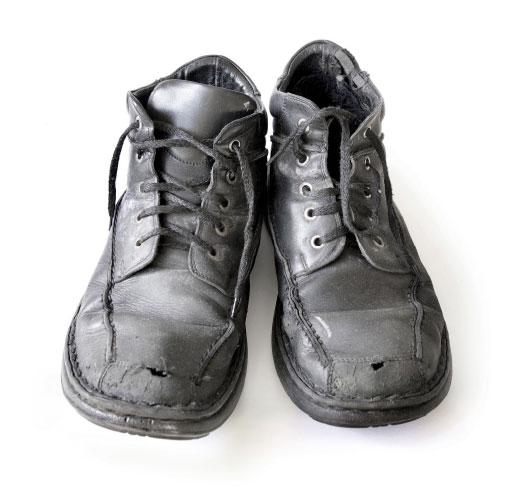Download a printable copy of this article (PDF 413KB)

- Deal with conflict by focusing on the process.
- Get there by asking questions.
- Engage your students in outcomes that affect them.
- Move from past, to present and into the future.
- Attach fairness to process rather than outcome.
I remember teaching a fabulous class of Year 6 students who had a special sense of humour. They were also characterised by a wonderful camaraderie which made hearing about their regular escapades on weekends or even during lunch breaks a real joy. There was little ego, but a pervading inclusivity that has made me remember them fondly despite the passage of fifteen years since teaching them.
“I think perfect objectivity is an unrealistic goal. Fairness, however, is not.”
– Michael Pollan
Not only did I teach them well, but they also taught me. For despite their positive traits there were certainly times when they tested me too, through a failure to reach the lofty standards that I had set for them both implicitly and explicitly.
One such day occurred after lunch on a late October afternoon with around six weeks left in the school year. Instead of the usual updates on burgeoning pre-teen relationship statuses and the stories of a student’s attempts to bat left-handed in their Year 6 cricket match, I opened the door to silence. Not a word was being spoken.
They do say that 80% of all communication is body language, so there was certainly interaction between them of the non-verbal variety that almost made any spoken words superfluous. They just glared at each other. Quickly summing up that the problem was not me, but was amongst them, I invited them into the room – and they entered without an utterance.
They sat and I took the traditional teacher position at the front of the room and commenced with what I believed to be a very reasonable question, “What’s going on?” The silence hung in the air like an unwanted odour (also not unusual for Year 6 students!) until Melissa managed a muffled “Nuthin’”.
I felt the choice before me. Do I dig my heels in about the problem or move on into my science lesson about microbes? It was way too interesting. I dug my heels in! “Ok, I think we have something to discuss here. So I’m just going to sit tight until somebody here is brave enough to tell me what’s happening.”
It was about a minute before Melissa again huffed and offered, “Oh fine, we’ve been saying mean things to each other and disgusting things about each other’s mums.” Charming! And then it was on. From the opposite side of the classroom Britney erupted, “Yeah, like you said about my mum. That was gross!” The reply was quick, “Well, that’s not as bad as what you said. You’re so disgusting!” I sensed a spotfire becoming a raging bushfire as others chipped in and quickly ended the venting with “Ok, ok, I think I have a handle on what’s gone wrong. How is this making people in here feel?”
Melissa said “annoyed” and Britney offered an agitated “angry” before Elissa burst into tears (Elissa was my serial crier – every class has one!) and wailed “It’s making me sad!” I asked what they would like to do about the annoyance, anger and sadness in the room. Perhaps I shouldn’t have!
Reegan quickly announced that if they couldn’t do the right thing at lunchtimes they didn’t deserve them, and then Anthony said the harshest word of the conversation, “ever”. A strange wave of agreement rippled across the room leaving only one person panicking. Me! Here I was about to lose the last thirty lunchtimes of the school year having never said a word about anyone’s mum. I can’t have this!
“All right guys, ummm, how about we just stay in tomorrow and you play a board game and have a chat with the person you’ve had a problem with and we try this again on Friday?” “Oh, well … okay” was the general reply and I gave an internal “Phew!” of significant relief.
Can you imagine if I had ignored the process and leapt to the outcome. Imagine that I simply replied with “You know what? That’s disgusting. Fine, no more lunchtimes for the rest of the year.” I’d have, at worst, a mutiny on my hands and, at best, plenty of loud decrying that “That’s not fair!” And it wouldn’t be. Involve your students in outcomes that affect them and they’ll often be harsher on themselves than you would ever be. Move from past, to present and into the future, rather than anchoring in the past. They’ll thank you … and you might just save yourself some lunch breaks.
And never for a second believe that we attach fairness to outcomes. It’s all about the process.










